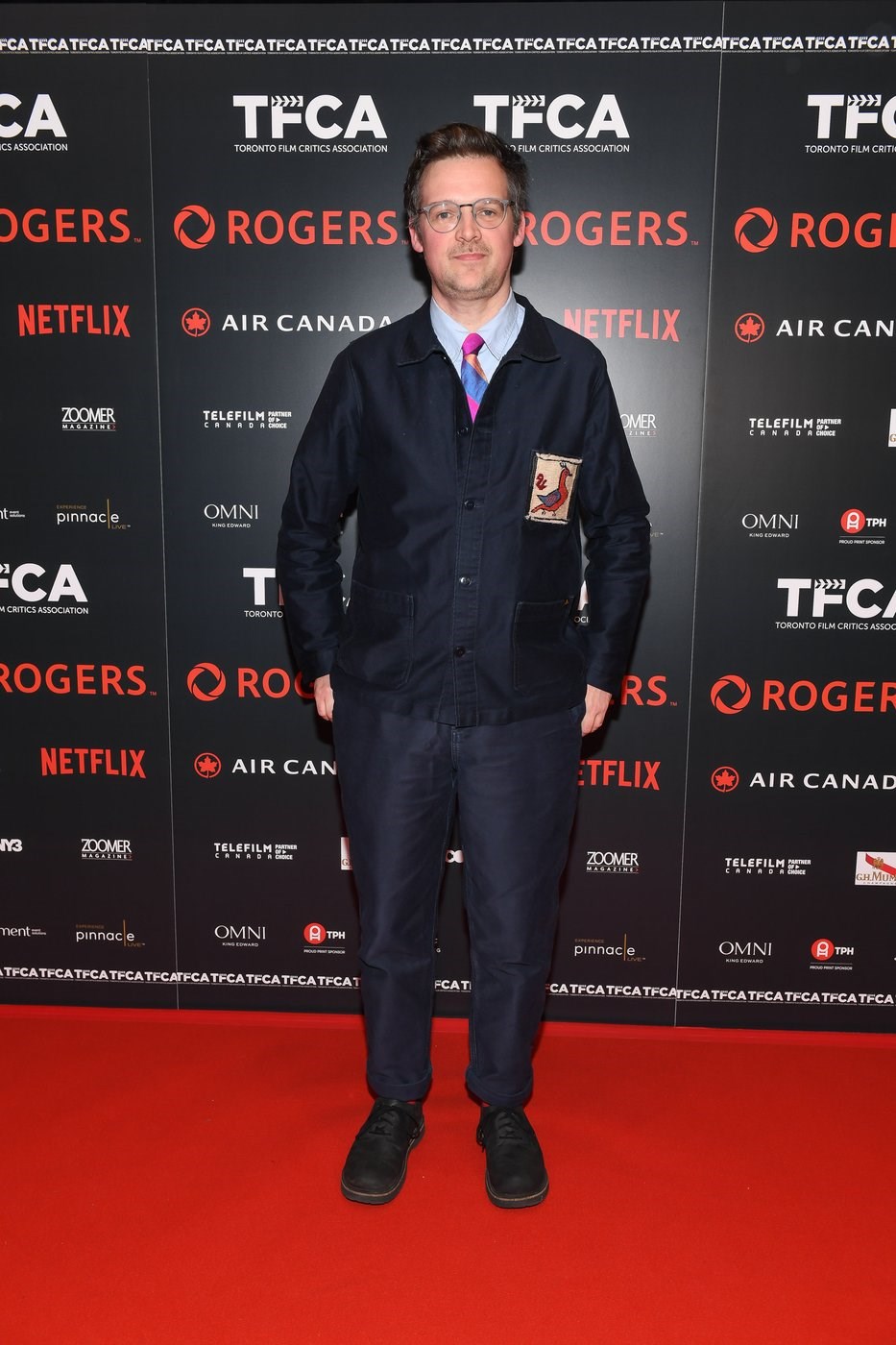“Universal Language" director Matthew Rankin says he's channelling his creative energy into two new films: one probing Canada's conservative legacy and another on the world's most famous made-up language.
The Winnipeg native says he's working on an “experimental collage” that recounts the history of the Progressive Conservative Party of Canada through archival footage, including old TV commercials, public service announcements and instructional films.
Rankin says he wants to explore the party's evolution because he's been preoccupied by what he describes as Canada's “reckoning” with conservatism.
Rankin says he and “Universal Language” co-writer Ila Firouzabadi are also working on a docu-fiction film called “Congresso,” which is centred on Esperanto, the world’s most widely spoken constructed language.
Rankin says "Congresso" builds on the themes in “Universal Language,” which imagined an absurdist vision of Canada where the two official languages are Farsi and French.
That Winnipeg-set dramedy leads all film contenders at next month’s Canadian Screen Awards with 13 nominations, including for best film, best directing and best original screenplay.
Rankin says he began filming "Congresso" at 2022’s World Esperanto Congress convention, which took place in Montreal.
“Esperanto and progressive conservatism, these are not guaranteed crowd pleasers. I don’t know what kind of audience there exists for that,” laughs Rankin, reached by phone in Montreal last month following word of the Canadian Screen Award nominations.
“But we felt the same way about ‘Universal Language.’ If these only play at the Oakville Creativity Festival, that's fine. I have no clue who will watch anything. I really just am following what thrills my soul.”
Rankin says he's similarly following his instinct in exploring the many shades of conservatism with a still-untitled film.
“Conservatism is something we're kind of reckoning with at the moment, and it's something that I don't exactly understand the meaning of. Progressive Conservatism, which is a very Canadian idea, is even more mysterious in a lot of ways, but it's very different from contemporary conservatism,” he says.
“(The film) explores what it means and its evolution."
Rankin says the film feels especially timely amid trade tensions with the United States and threats by U.S. President Donald Trump to make Canada the 51st state. He said it’s healthy that Canadians are now thinking about what their citizenship means.
“It’s really good that people ask these questions because people don't even vote anymore, right? There’s been a degree of collective withdrawal from the idea that we live in a society. I think we've been led down this terrible path of disposable culture and clientelism,” he explains.
“It's the idea of: Why should I pay for your chemotherapy, your employment insurance, your health care, your experimental animation? I don't use any of that. That's your problem. It’s just every man for himself."
He says the film is inspired by the works of U.S. documentary filmmakers Adam Curtis and Brett Morgen, who he calls masters of the experimental collage. He hopes to finish the movie next year.
Rankin says he's glad to live in a country that funds universal health care and supports the arts, but worries more Canadians are adopting a mindset of "one-stop shopping and 'I don't care about my neighbour.'"
“I think now we're being confronted by this moment where we have (to ask): What does our citizenship mean if we don't want to be a 51st state? I think these are good questions to ask and I think these are questions that culture must ask.”
This report by The Canadian Press was first published April 5, 2025.
Alex Nino Gheciu, The Canadian Press



